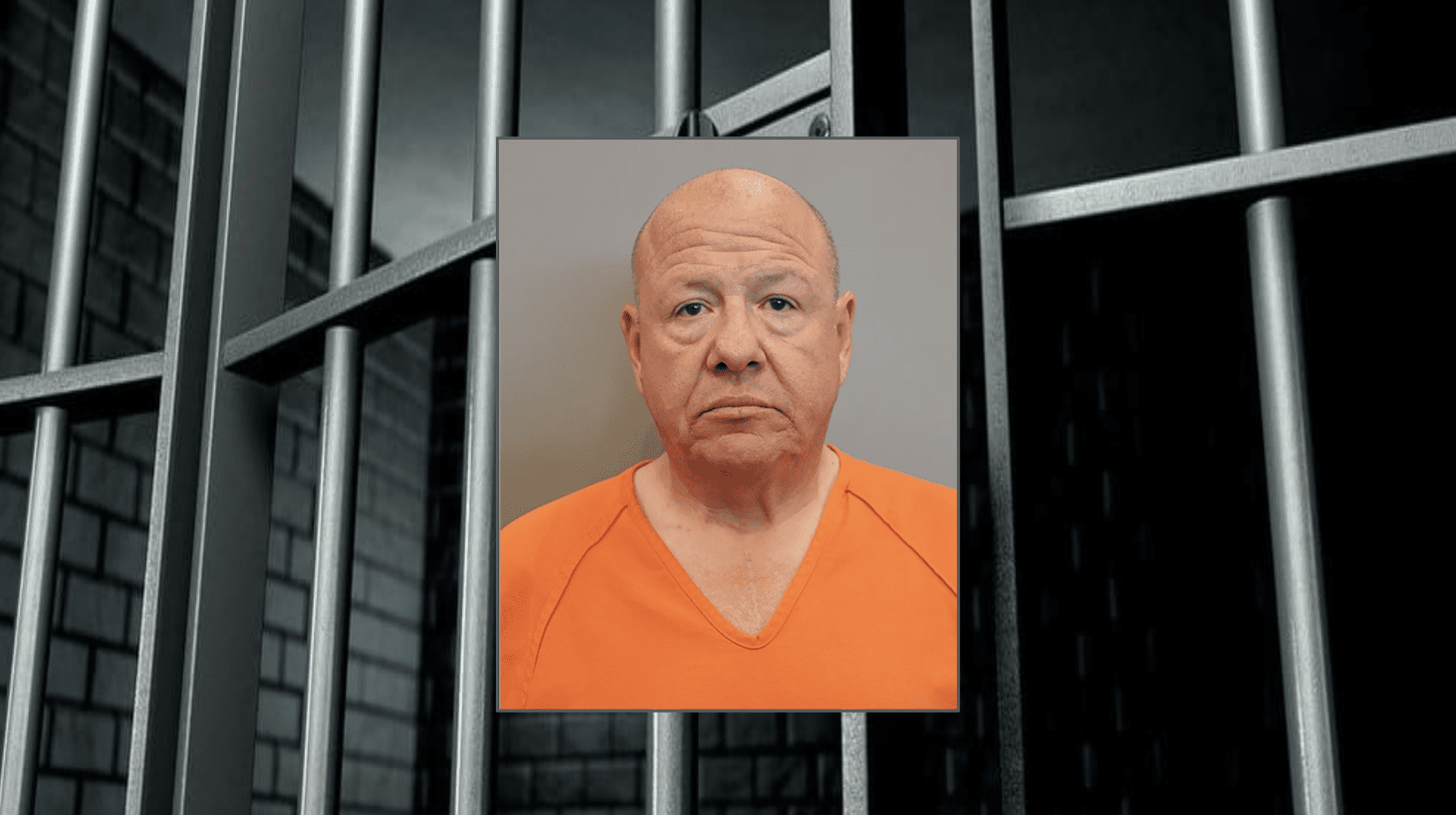A recent study on the effects of Texas’ voter ID law in two of the state’s most unpredictable battleground jurisdictions found that the lack of a state-approved photo ID had a negligible effect on preventing anyone from casting a vote in the 2016 general election.
The University of Houston study was the work of Mark P. Jones, Renèe Cross, and Jim Granato, all of the Hobby School of Public Affairs.
Texas first passed voter photo ID regulations in 2011; they were implemented in 2013, after the U.S. Supreme Court struck down as outdated the federal Voting Rights Act’s preclearance requirements. Legal challenges persist, however, and this session lawmakers are considering updates (SB 5 and HB 2481) that put into statute revisions suggested by the Fifth Circuit Court of Appeals to ensure Texas’ voter ID law passes constitutional muster.
Opponents to these regulations argue that they disproportionately impact low-income voters and ethnic minorities. They argue that by requiring photo ID to cast a ballot, these laws prohibit a large portion of voters – who can’t obtain photo ID due to financial or other reasons – from voting.
The two jurisdictions, Harris County and Congressional District 23 in southwest Texas, often find themselves changing hands between Democrats and Republicans. In the most recent general election, Harris County Republicans lost every race on the ballot.
The surveys for this study were done by polling non-voters – registered voters who were able to participate in the most recent general election but did not – and were conducted in both English and Spanish.
The study found that virtually everyone who chose not to vote in the election had some form of acceptable photo ID.
| Non-voters w/ unexpired approved photo ID | Non-voters w/ 4-year or less expired photo ID | |
| Harris County | 97.4% | 98.5% |
| Congressional District 23 | 97.8% | 97.9% |
*Photo IDs expired within 4 years were eligible for use to vote.
The study also found that three-fifths of non-voters in both jurisdictions chose not to vote simply because they didn’t like the candidates and that “approximately one in seven non-voters in Harris County (16.5%) and CD-23 (14.8%) signaled a lack of possession of a state approved photo ID as one of the reasons they did not participate in the election.”
However, the study says, when researchers dug deeper, they found that out of that limited number, still only 1.5 percent and 0.5 percent in Harris County and CD-23, respectively, placed lack of state-approved ID as their primary reason for not voting.
Continuing to look into this subset of non-voters, the researchers found that 86 percent of those who claimed that a lack of ID was their primary reason for not voting were actually eligible.
“While the photo ID law at least partially discouraged some people from voting, an actual lack of a state approved photo ID kept virtually no one (only one non-voter among the 819 surveyed) from turning out to vote in 2016.”
In short, the state-approved voter ID laws prevented only one person, or 0.12 percent, of participants from voting.
The report found that the real problem is the lack of understanding and misinformation concerning the photo ID laws. Only one in five voters could accurately identify the requirements to vote. Three in five had incorrect knowledge of the requirement and didn’t know that they could sign an affidavit along with providing supporting documents to vote.
“The survey data clearly indicate that non-voters in Harris County and CD-23 did not have a good understanding of the voter photo ID rules in force for the 2016 election,” says the report.
The researchers call for a “robust state-sponsored voter education campaign” ahead of the 2018 elections to ensure that Texans know eligibility requirements for voting.
Using two major battleground areas, the report clearly shows that the accusations of voter ID laws targeting and disenfranchising low-income and minority Texans just don’t hold water. While there needs to be more education, the law itself isn’t overly prohibitive and doesn’t prevent those who are eligible from exercising their rights.




